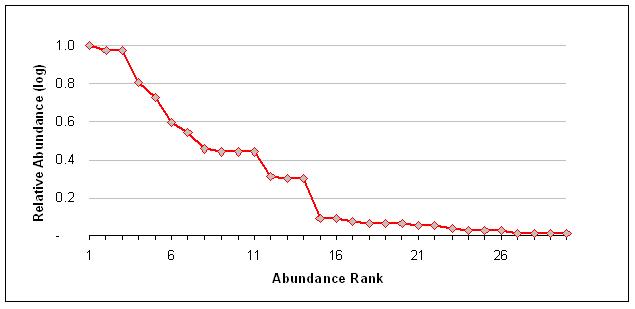How Does Garmin Calculate Body Battery

In recent years, fitness trackers have taken the world by storm, becoming an indispensable addition to the daily lives of millions of people worldwide. One such popular device is the Garmin wearable, which offers a unique feature known as “body battery.” In this article, we will delve into how Garmin calculates body battery and its significance to maintaining optimal health.
What is Garmin Body Battery?
Garmin’s Body Battery is an innovative feature that measures your energy levels throughout the day by evaluating factors such as heart rate variability (HRV), stress, physical activity, and sleep quality. By assigning a numerical value between 0 and 100, Body Battery offers insights into your energy reserves, helping you make informed decisions about when to rest or exercise for peak performance.
How does Garmin calculate Body Battery?
Garmin relies on a combination of several factors to compute your body’s energy levels accurately. Let’s explore these key components:
1. Heart Rate Variability (HRV): HRV is the variation in time between individual heartbeats and reflects the intricate balance between our sympathetic (fight-or-flight) and parasympathetic (rest-and-digest) nervous systems. A high HRV indicates high energy levels, whereas low HRV may imply stress or fatigue. Garmin uses Firstbeat Analytics, an advanced algorithm that assesses your HRV data captured by the device’s optical heart rate sensor.
2. Stress: Stress can significantly impact our overall well-being and energy levels. To track stress, Garmin monitors heart rate data continuously and utilizes Firstbeat Analytics to distinguish between physical stress (exercise) and emotional stress (anxiety or work-related tension). If elevated stress levels are detected, your Body Battery score might decrease due to increased energy expenditure.
3. Physical Activity: Engaging in regular exercise has numerous health benefits but can also temporarily reduce your energy reserves. Garmin devices use built-in accelerometers and GPS data to track your daily activities, such as steps, workouts, and activities completed with intensity minutes. As a result, prolonged or high-intensity exercise can contribute to a lower Body Battery score.
4. Sleep Quality: Adequate sleep is essential for the body’s ability to repair and recover. Garmin devices track your sleep duration, phases (including deep, light, and REM stages), and any disturbances throughout the night. A good night’s rest will result in increased Body Battery values, while poor sleep quality or insufficient sleep will noticeably decrease your energy levels.
In conclusion, Garmin calculates Body Battery by integrating sophisticated algorithms and innovative sensor technology to offer users a comprehensive understanding of their energy levels. By focusing on factors such as HRV, stress, physical activity, and sleep quality, users can make informed decisions on when to push themselves further or take much-needed breaks for optimal health and well-being.






